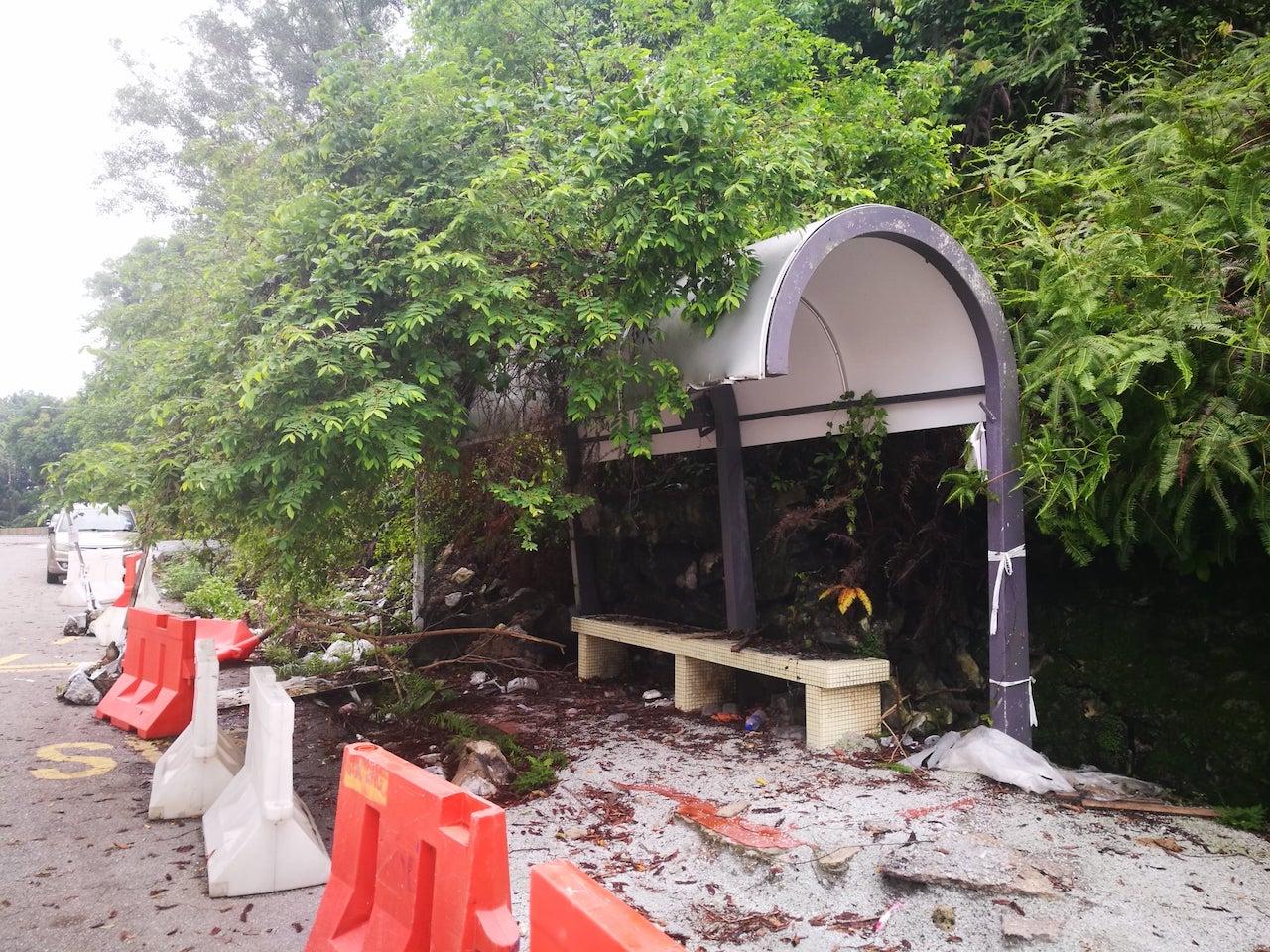Of Wangsa Maju weather and the Covid-19 pandemic
Unexpected disasters, chaotic disruptions, disorganised responses from authorities - the parallels are uncanny.
The two days covering April 14 and 15, 2021 saw a massive storm hit various parts of Kuala Lumpur. The neighbourhood of Section 2 in Wangsa Maju, where I have lived for the past 16 years, was among the areas that were badly affected.
Many trees that had stood steadily sturdy for decades broke and came crashing down; some even fell on several cars which sustained varying degrees of damage from light scratches to being outright flattened and split into separate pieces. Thankfully, no one was in any of the affected vehicles at the time, nor were there any reports of people getting hurt, other than the heartache of having to clean up the areas and pathways surrounding their flats.
I arrived back from work late on both nights, only to be shocked at the extent of the aftermath. And on each morning after, I spoke to various people about it: my immediate neighbours, whose gardens were left in disarray; the workers who were tasked with cleaning up the mess, who shared more photos with me; and my regular friendly local mamak restaurant operators, who were able to give more details on what happened when.
(This being Ramadan, I did not stop at the latter to eat, of course, but because I’ve been one of their patrons for many years, they have become like an extended family so I just wanted to check in on how they were doing.)
As I got on with my day and prepared to head out to get some work done, it kind of hit me how this whole situation over the past two days seems like a perfect metaphor for how Malaysia is doing in the current Covid-19 pandemic.
Think about it.
Wangsa Maju which for decades was under Barisan Nasional’s jurisdiction gave way suddenly to opposition candidates who eventually had problems and issues with their own respective parties (definitely a clone of the country’s current “emergency” scenario).
A sudden storm comes out of nowhere, catching everyone unaware and with pretty strong after-effects (the coronavirus).
There are various promises by the authorities to fix things as soon as possible, which prove to be untrue at best, as demonstrated by the fact that the bus stand just down the road from the Tuanku Mizan Military Hospital – which was damaged by a landslide caused by a storm last September – is still unrepaired (we all know about politicians and their promises).
The latter point is also complicated by the fact that the responses are uncoordinated and done without proper planning or logic, with unfortunate results – for example, the response to last September’s storm that I mentioned was to pave the sidewalks with cement and thin wire fencing, causing opportunistic motorcyclists to use what should have been walkways for pedestrians, and the fencing being demolished by the falling trees (this point covers both the cronies who can make a profit from people’s misery and the double standards of dealing with them versus dealing with normal folk).
And what is the parallel between the citizens of Wangsa Maju and the people of Malaysia? Simply this: the vast majority of us have helped out our neighbours as best we could and carried on with our lives as best we could, whether it was dealing with the disarray of job loss, school/work from home, or making sure that Mak Cik Kiah has enough food.
Yes, there are some who have done nothing but complain about the whole situation. And yes, there have been many instances when those who make grandiose claims have been caught with their pants down (whether on video or audio). But we need to spend less time pointing fingers, and actually use those fingers, hands and arms to hold on to one another as we make it through this storm together. There’s a reason why #KitaJagaKita resonates more than #BankerJagaBanker.
Oh, and if Tan Yee Kew, the MP for Wangsa Maju, is reading this – please do something about the bus stand? I really would prefer to wait for the bus at the right spot rather than on the road itself…
The views expressed in this article are those of the author(s) and do not necessarily reflect the position of MalaysiaNow.
Subscribe to our newsletter
To be updated with all the latest news and analyses daily.
